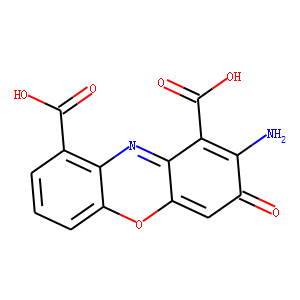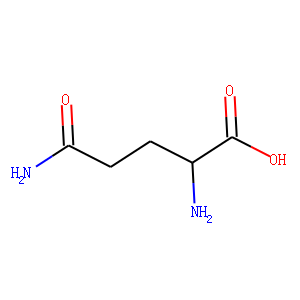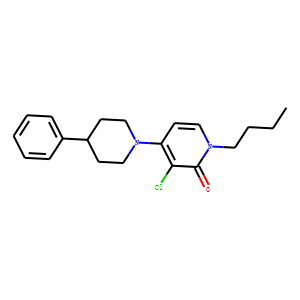mGluR
mGluR, or metabotropic glutamate receptors, are a family of G protein-coupled receptors that are activated by the neurotransmitter glutamate, which is the most abundant excitatory neurotransmitter in the vertebrate nervous system. These receptors play key roles in modulating synaptic transmission and neural plasticity, influencing various brain functions including cognition, memory, and learning. Unlike the fast-acting ionotropic glutamate receptors, mGluRs produce slower, longer-lasting synaptic responses. They are divided into three groups based on their structure, signaling mechanisms, and pharmacological properties. mGluRs are involved in numerous neurological disorders, making them important targets for therapeutic intervention in conditions such as schizophrenia, depression, and Parkinson’s disease.



